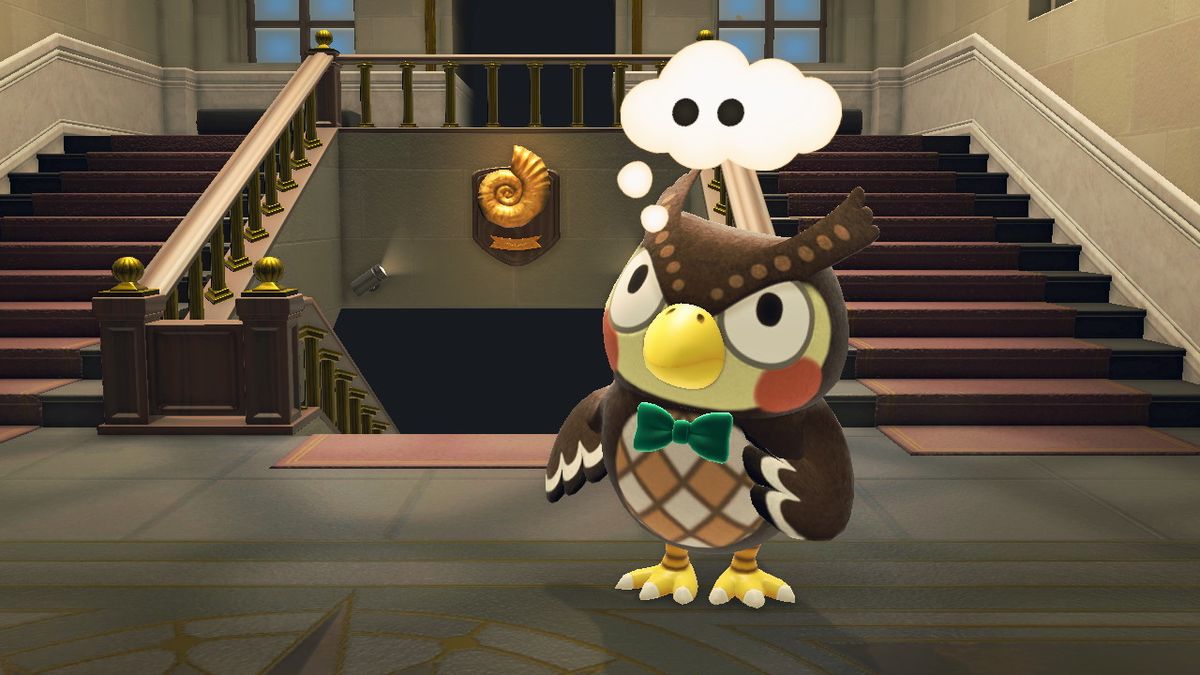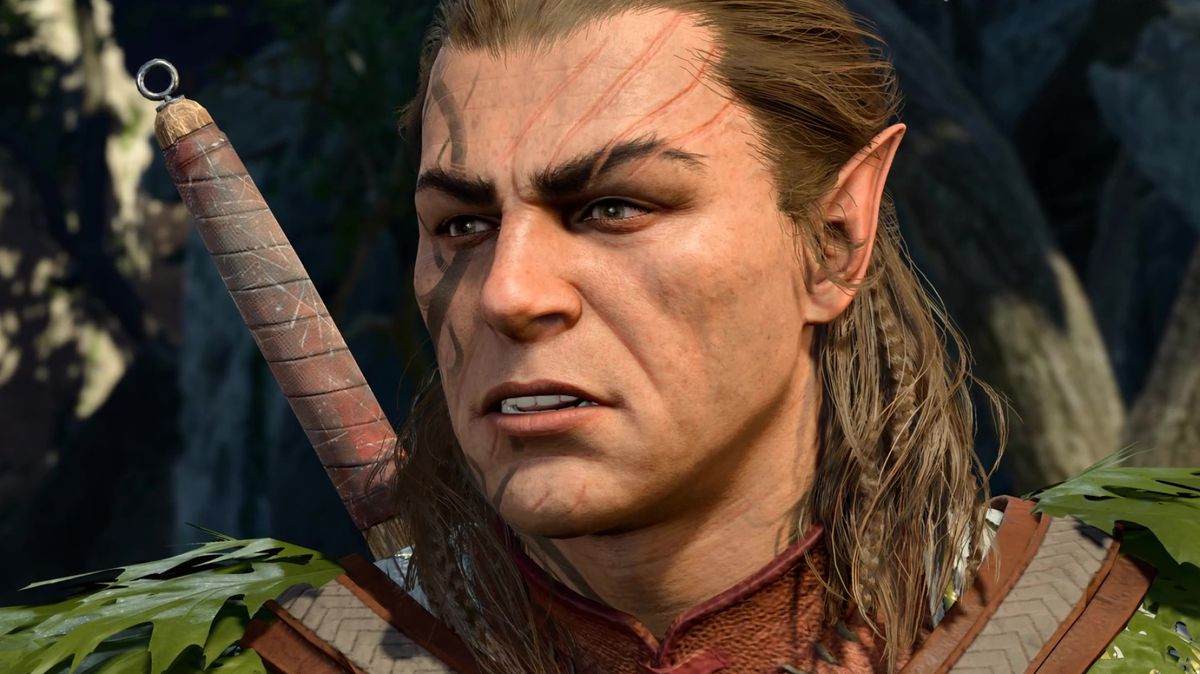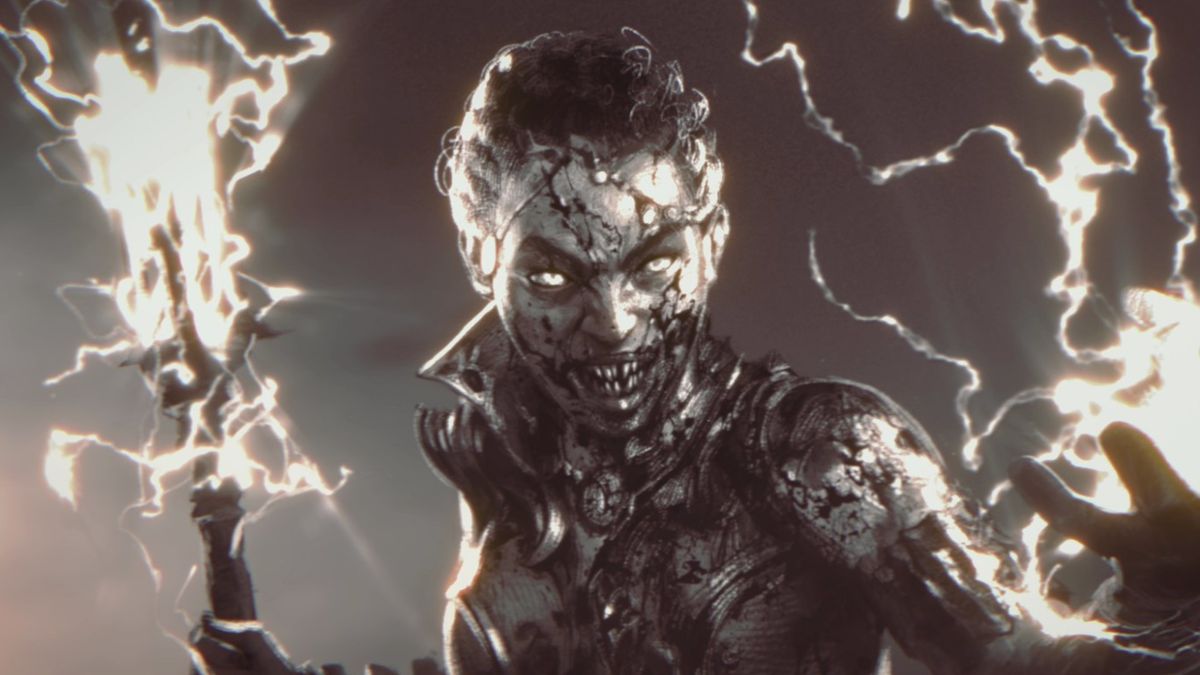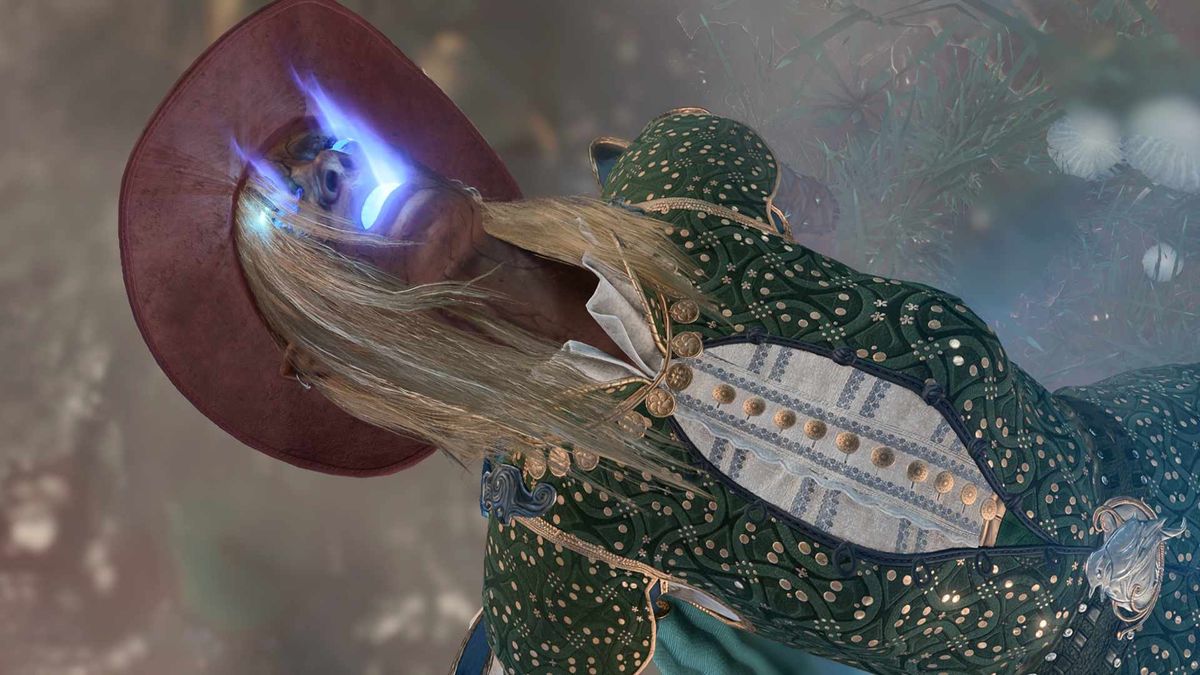Sony is buying Destiny 2 developer and Halo creator Bungie for $3.6 billion.
A joint press release confirms that Sony “has entered into definitive talks” with Bungie, meaning this deal is simply a matter of time at this stage.
Bungie will retain its independence and its ability to self-publish after the deal closes. The studio will be a subsidiary under Sony, but will be run by its own board of directors and its current management team.
Kenichiro Yoshida, president and CEO of Sony Group Corporation, says Sony will “support further evolution of Bungie and its ability to create iconic worlds across multiple platforms and media.”
Bungie CEO Pete Parsons likewise stressed that “game worlds are only the beginning of what our IP will become.” This follows repeated hints that Bungie is interested in “TV, films, books, comics” and other media beyond just games. Last year, the studio announced plans to expand into “additional media,” which could lead to the likes of a Destiny TV show.
In a post (opens in new tab) to Bungie’s website, Parsons described this deal as the beginning of the studio’s journey “to become a global multi-media entertainment company.”
However, this deal won’t affect Destiny 2’s content or availability, Bungie said. In an FAQ (opens in new tab) addressing the pending acquisition, the studio stressed that its plans for Destiny 2’s next three expansions, including The Witch Queen due February 22, remain unchanged.
Furthermore, The Witch Queen “will not contain any platform exclusives,” Bungie claims. “Announced” seasonal content, cosmetics, cross-platform and cross-save support, and companion app support will also remain equal between PC, PlayStation, Xbox, and Stadia.
In an interview with GamesIndustry (opens in new tab), Sony Interactive Entertainment CEO Jim Ryan confirmed that, like Destiny 2 , future Bungie games will still be published on other platforms and consoles. We know Bungie has at least one other game in the oven in parallel to Destiny 2, and it seems that this deal won’t affect its target platforms either.

“Everybody wants the extremely large Destiny 2 community, whatever platform they’re on, to be able to continue to enjoy their Destiny 2 experiences,” Ryan said. “And that approach will apply to future Bungie releases. That is unequivocal.”
“Philosophically, this isn’t about pulling things into the PlayStation world,” he adds. “This is about building huge and wonderful new worlds together.”
Sony’s purchase is the latest in a growing line of big-budget acquisitions in the games industry. Just two weeks ago, Microsoft announced plans to buy Activision for nearly $70 billion. In the aftermath of this news, Microsoft Gaming CEO Phil Spencer confirmed that Xbox plans to keep Call of Duty on PlayStation, and other reports claim that at least the next three Call of Duty games will be multi-platform.
Speaking with GamesIndustry, Ryan affirmed that Sony has been in talks with Bungie for several months, and that this deal “pre-dates the activity that we have seen this year.”
Ryan also noted that “we should absolutely expect more” news like this, hinting at future acquisitions from Sony. “We have many more moves to make,” he said.
PlayStation Studios head Hermen Hulst also weighed in (opens in new tab) on Sony’s acquisition of Bungie, calling the house of Destiny 2 “a natural fit for collaboration with PlayStation Studios.”
“We are excited to make plans to share skills and expertise, and to unlock the potential in having the brilliant minds at Bungie under the PlayStation roof,” Hulst says.
Much of Hulst’s statement echoes the plans and ambitions shared by Sony Interactive Entertainment CEO Jim Ryan and Bungie CEO Pete Parsons, but his comments about collaboration with PlayStation Studios do stand out.
Between all the talk of multimedia plans, it can be easy to forget that Bungie will undoubtedly benefit from the resources and knowledge that come with the PlayStation umbrella, even if it does continue to operate independently and on multiple platforms. Of course, how, exactly, this benefits Destiny 2 and Bungie’s future, unannounced games remains to be seen.
This deal comes just over a month after a report on Bungie’s work culture, which prompted an apology from Parsons over the “pain” the studio has caused.
 Games News games, movies and TV you love.
Games News games, movies and TV you love.



